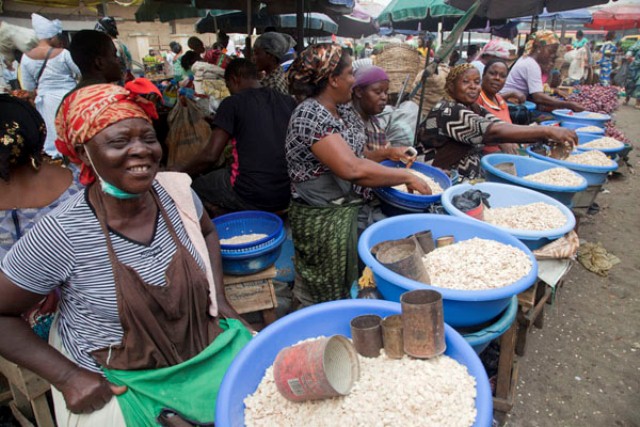News
Empowering Women: One way of getting Nigeria out of recession
- by GbaramatuVoice Newspaper
- January 24, 2019
- 0 Comments
- 4 minutes read
- 221 Views
- 6 years ago








